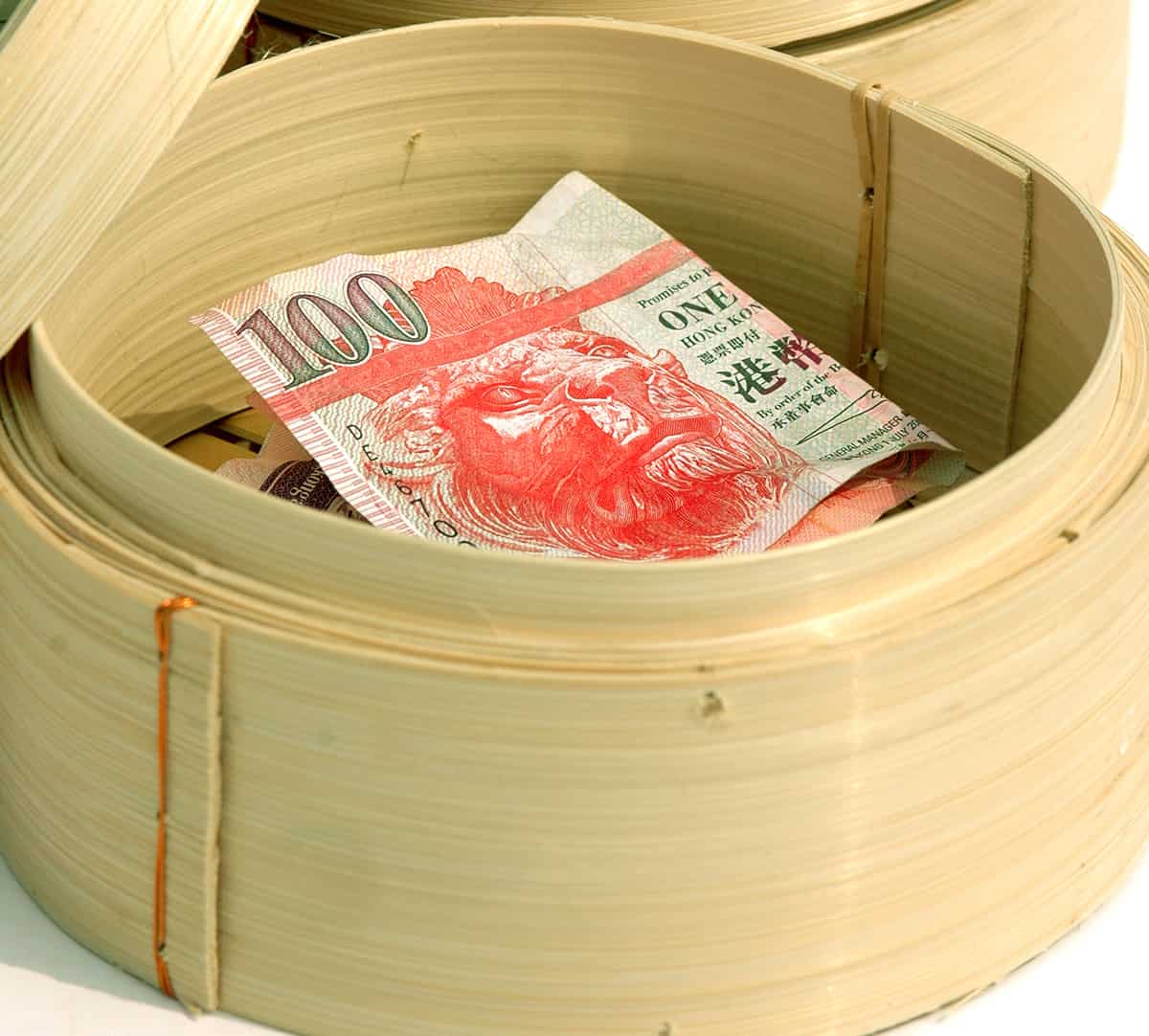So-called “dim sum” bonds and loans—offshore debt denominated in mainland China’s currency—rose 65% year-over-year in 2023 to 550 billion yuan ($76 billion). Total outstanding yuan loan figures rose 130% to 441 billion yuan during the same period.
Issuers and borrowers are choosing Chinese currency financing to hedge against foreign-exchange risks and to diversify from foreign currencies, according to Kenneth Hui, executive director of the Hong Kong Monetary Authority (HKMA).
Hui discussed the trend at the Global Loan Market Summit held in Hong Kong on Feb. 20. Use of the yuan in cross-border investment and trade have gained popularity in recent years, he said. China’s capital markets could provide more yuan-denominated assets for international investors coupled with cheaper funding costs in yuan compared with the US dollar, owing to several interest rate hikes by the Federal Reserve since March 2022.
Christopher Hui Ching-yu, Hong Kong’s secretary for financial services and the treasury, told the audience in attendance that as the world’s biggest offshore yuan hub, the region is distinctly suited to support offshore yuan needs. And Hong Kong is extending the coverage of profit tax exemptions to debt instruments issued in the territory by all mainland local governments at any level. Yuan debt issuances by the People’s Government of Hainan Province and the Shenzhen Municipal People’s Government have reportedly enjoyed such exemptions.
This year, the HKMA and the People’s Bank of China are also intensifying financial cooperation between Hong Kong and Beijing. This includes expanding the list of eligible collateral for the HKMA’s yuan liquidity facility to include onshore sovereign bonds. The HKMA also hopes to promote cross-border financing activities, and further open up the onshore repurchase agreement market to all foreign institutional investors. Additionally, Qualifying Debt Instruments (QDI), which offer beneficial tax treatment on trading profits and interest income from qualifying transactions, have also aided more bond issuances, according to South China Morning Post.




